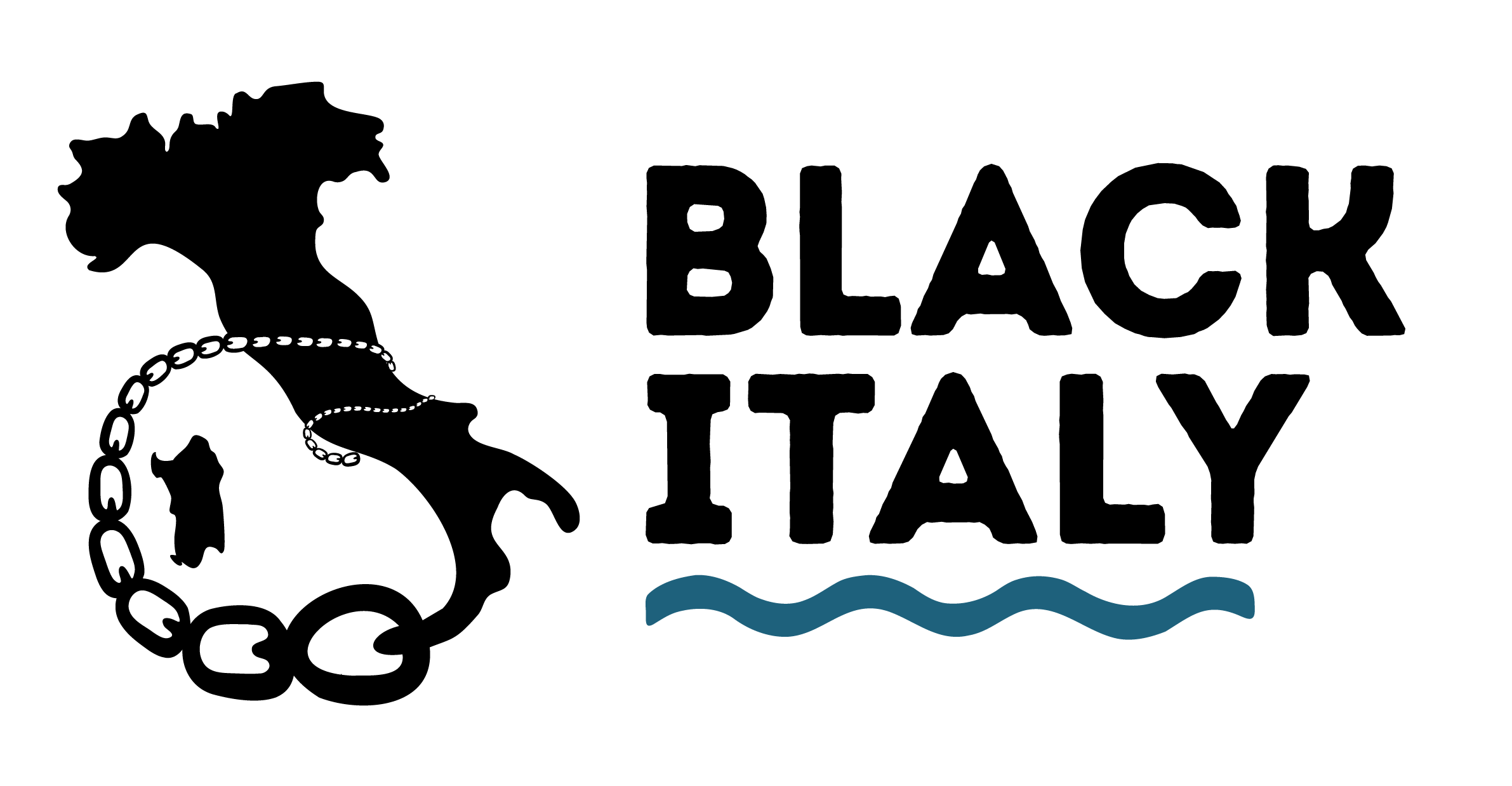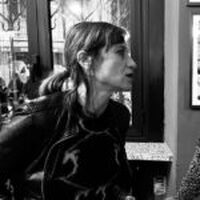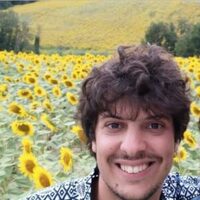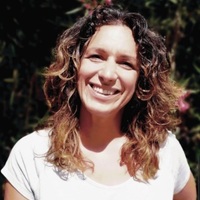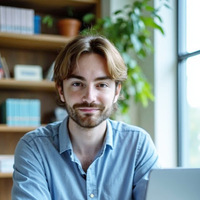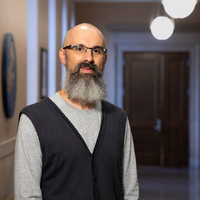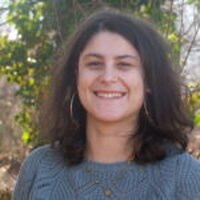People
Federica MORELLI
I am the Principal Investigator of FIS advanced grant The Italian Peninsula and the Atlantic Slavery. A Forgotten History (BlackItaly) at the Italian-German Historical Institute, Bruno Kessler Foundation. My work centers on colonial Latin American history, the Age of the Atlantic Revolutions, slavery and the construction of citizenship and racial categories in 18th- and 19th- century Spanish America. I’ve been the coordinator of the international PhD program in Global History of Empires and a member of the steering committee of the European Network in Universal and Global History (ENIUGH). I’ve held visiting fellowships at the John Carter Brown Library in Providence (RI), at the Institut de Hautes Etudes sur l’Amérique Latine in Paris, and at the European University Institute in Florence.
Giacomo GHEDINI
I am a researcher of the FIS advanced grant BlackItaly. My work focuses on the history of slavery, abolitionism, and European colonialism, as well as the history of Christianity, the Catholic Church, and missions in the 19th century. From 2021 to 2023, I was a postdoctoral researcher at the Centre d’Histoire at Sciences Po Paris, within the ERC project “SlaveVoices.” From 2022 to 2024, I worked as an adjunct lecturer at Sorbonne Université. In October 2021, I earned a joint PhD from the University of Bologna and the Université de Paris. My doctoral thesis won the 2021 award from the Sangalli Institute in Florence and was published as Da «selvaggi» a «moretti». Schiavitù, riscatti e missioni tra Africa ed Europa (1824-1896), Firenze University Press, 2023. In the BlackItaly project, I study the so-called “moretti” — sub-Saharan African children who were victims of slavery and were ransomed and brought to 19th-century Europe by Catholic missionaries.
Irene FATTACCIU
I am a researcher in the FIS Advanced Grant BlackItaly at the Italian-German Historical Institute, Bruno Kessler Foundation. My work focuses on global and social history, with attention to the circulation of colonial goods, economic intermediation between the Atlantic and Europe, slavery, and racial categories. I hold a PhD in History and Civilization (EUI, 2011) and one in Sociology (University of Turin, 2019). Within BlackItaly, I study the participation of Italian merchants, bankers, and institutions in the eighteenth-century slave economy, reconstructing financial, commercial, and religious networks and the reinvestment of profits in the peninsula. In parallel, I have worked on inequality, empowerment, and qualitative/participatory methodologies in Europe, Latin America, and the MENA region, as a senior researcher at ARCO (Action Research for Co-Development). I also teach Food Cultures of Latin America at the University of Gastronomic Sciences in Pollenzo.
Matilde FLAMIGNI
I am a postdoc researcher of the FIS Advanced Grant BlackItaly. I am an anthropologist and social historian specializing in imperial history, slavery and abolition, colonialism and colonial societies, and mobility in the 19th-century Caribbean. In June 2024 I successfully completed my Ph.D. in Global History and Governance with highest honors at Scuola Normale Superiore in Pisa and the University of Naples Federico II. Meanwhile, I obtained a fellowship at the University of Turin, where I studied the life and Latin American expeditions of the Italian geographer Agostino Codazzi. I also coordinate the “Free and Unfree Labor” working group of the Italian Society for Labor History (SISLav). I am currently working on a monograph based on my thesis, titled Vulnerable Freedom(s). Caribbean Connections and Imperial Borders during Abolition, Routledge (forthcoming 2026).
Giovanni SANTORO
I am a postdoc researcher of the FIS Advanced Grant BlackItaly. My research explores the intersection of race, violence, and capitalism in the Atlantic world. I hold a dual Ph.D. in Global History of Empires from the University of Turin and in History from the Higher School of Economics in Moscow. I have held visiting positions at Yale University and the Roosevelt Institute for American Studies, where I furthered my research on slavery, migration, and racialized citizenship. I also hold several master's degrees in social policy, cultural anthropology, psychology, criminology, and historical studies, training that informs my interdisciplinary approach to the study of race, law, and historical memory. I served as a lecturer in the history of the Americas at the University of Turin for two years. My scholarship interrogates the intersections of racial violence, legal regimes, and capitalist development within imperial and transatlantic frameworks. I am the author of numerous publications, including peer-reviewed articles, essays, reviews, and newspaper contributions, and I strive to bridge the gap between academic inquiry and public discourse.
Catia BRILLI
I am Associate Professor of Early Modern History at the University of Insubria and affiliated researcher at the Italian-German Historical Institute (FBK). My research focuses on the connections between the Mediterranean and the Atlantic world in the eighteenth and nineteenth centuries, on the history of the Atlantic revolutions, and on the economic role of Italian noble elites. I have carried out research at various Italian and foreign universities (Ohio State University, EEHA-CSIC, University of Milan, Bocconi University), and have been a visiting fellow at the European University Institute and the London School of Economics. I am the author of Genoese Trade and Migration in the Spanish Atlantic (1700-1830), New York, Cambridge University Press, 2016, and Alle origini del caudillismo. Il caso messicano, Milano, Franco Angeli, 2022. I have also co-edited, with Manuel Herrero, Italian Merchants in the Early-Modern Spanish Monarchy, London, Routledge, 2017.
Claudio FERLAN
I am a historian of Christianity, a researcher at the Italian-German Historical Institute (FBK, Trento) and an affiliate of Boston College. My work focuses on the Society of Jesus, missions in Europe and the Americas, and the history of food culture and alcohol consumption. Among my publications are The Jesuits: A Thematic History (2024), Storia delle missioni cristiane (2023), Venerdì pesce (2021), and Sbornie sacre, sbornie profane (2018; German translation 2021). I write for Il T, serve as Editor-in-Chief of FBK Magazine, and collaborate with national media. I have conducted research at universities across Europe and the U.S., and I actively engage in public history through lectures, articles, and my newsletter: claudioferlan.substack.com.
Camilla TENAGLIA
I am a researcher at the Italian-German Historical Institute of the Fondazione Bruno Kessler. I specialize in political history, Church history, and local history of Trentino-Alto Adige in the 20th century. I obtained my doctorate from the University of Trento in 2019. I was a research collaborator at Goethe University Frankfurt from 2018 to 2021. I published Celestino Endrici. Un principe vescovo in Italia (1918-1940) (Il Mulino, 2023) and edited Chiesa e nazione ai confini d’Italia (Le Monner, 2021) with Marco Bellabarba.
In the Black Italy project, I am responsible for managing the website.
